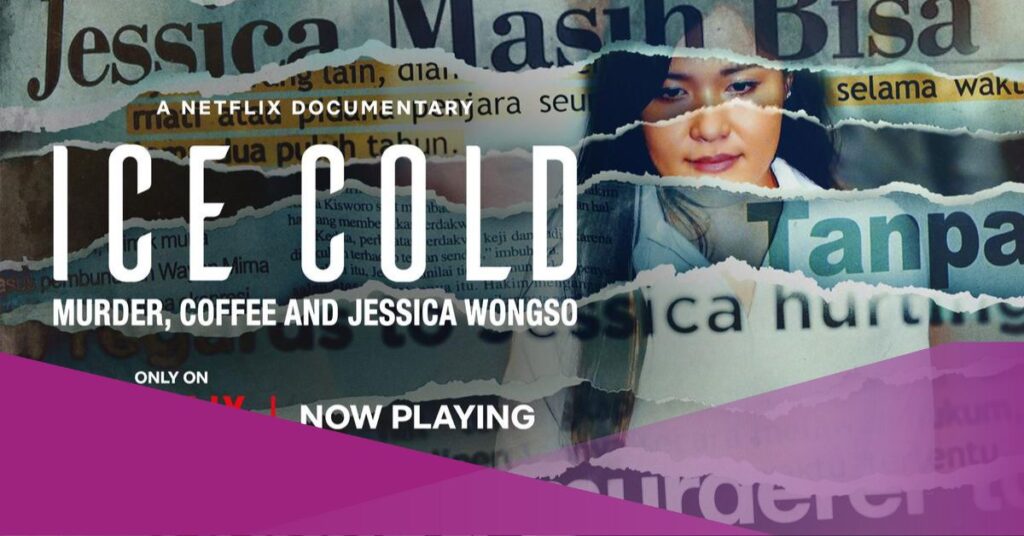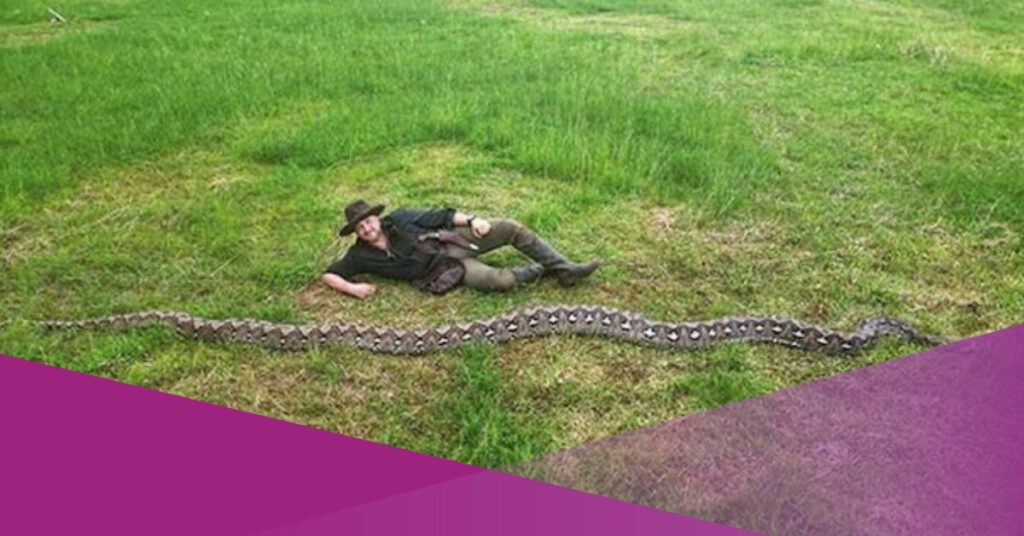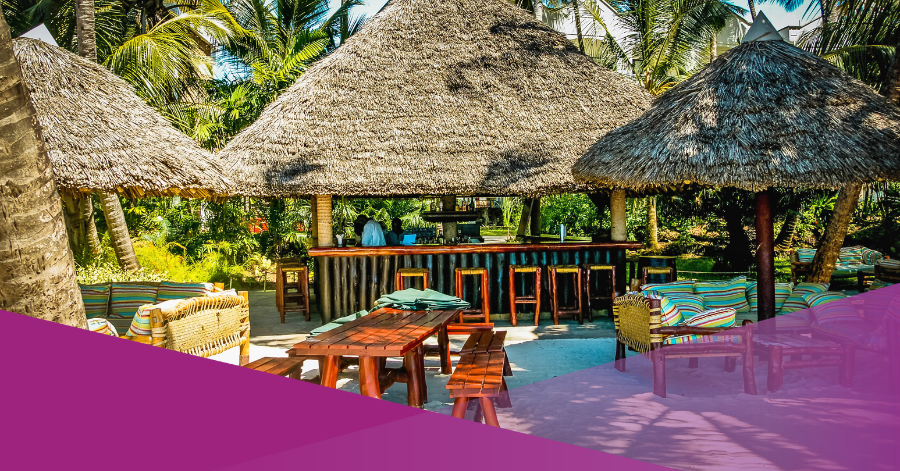In a gripping tale of crime, coffee, and cold-blooded murder, Netflix’s latest documentary, “Ice Cold: Murder, Coffee, and Jessica Wongso,” has ignited a storm of controversy as it delves into the shocking true events that transpired in Jakarta, Indonesia, in 2016. The Netflix documentary, released last week, has stirred emotions and ignited a debate over its portrayal of the case and the ethics surrounding such storytelling.
The case revolves around Jessica Wongso, an Indonesian-Australian woman convicted of murdering her friend Wayan Mirna Salihin by poisoning her coffee with cyanide at a café in Jakarta. Wongso’s conviction in 2016 and subsequent 20-year prison sentence garnered significant media attention in Indonesia and Australia.
“Ice Cold” documentary on Netfix delves deep into the case, using interviews, courtroom footage, and dramatic reenactments to present a comprehensive narrative. The documentary also raises questions about the fairness of Jessica Wongso’s trial and explores the possible motivations behind the murder.

While some viewers praised the documentary for shedding light on a complex and controversial case, others have raised concerns about the ethical boundaries it may have crossed. Critics argue that Netflix’s “Ice Cold” documentary sensationalizes the tragedy, potentially manipulating the audience’s perception of the case and the individuals involved.
One of the primary sources of controversy is the documentary’s portrayal of Jessica Wongso. Many viewers feel that the documentary may be biased in her favour, potentially painting her as a victim rather than a convicted murderer. This has sparked outrage among those who believe in her guilt and feel the documentary undermines the justice system.
On the other hand, supporters of the documentary argue that it provides a balanced perspective on a highly contentious case. They believe that “Ice Cold” documentary on Netflix contributes to a more nuanced understanding of the events by reexamining the evidence and presenting alternative theories.
The controversy has also extended to the broader issues of true crime documentaries, with some questioning the ethics of profiting from real-life tragedies and potentially impacting ongoing legal proceedings.
Additionally, concerns have been raised about the impact of such documentaries on public opinion, potential juror bias, and the fairness of future trials.
Legal experts in Indonesia have also weighed in on the documentary’s impact on the justice system. Some argue that the controversial documentary ultimately highlights the importance of due process and the need for a fair and impartial trial.
As the debate rages on, “Ice Cold: Murder, Coffee, and Jessica Wongso” documentary continues to captivate audiences worldwide, sparking discussions about the intersection of entertainment, justice, and ethics. Whether it serves as a catalyst for change in the true crime genre or remains a divisive topic, the documentary has certainly left its mark on the public consciousness, ensuring that the Jessica Wongso case will be remembered for years.
Interested to dive deeper into the case? Watch Ice Cold: Murder, Coffee, and Jessica Wongso documentary on Netflix.
Interested in this topic? Check out our other articles from Social Expat:


































